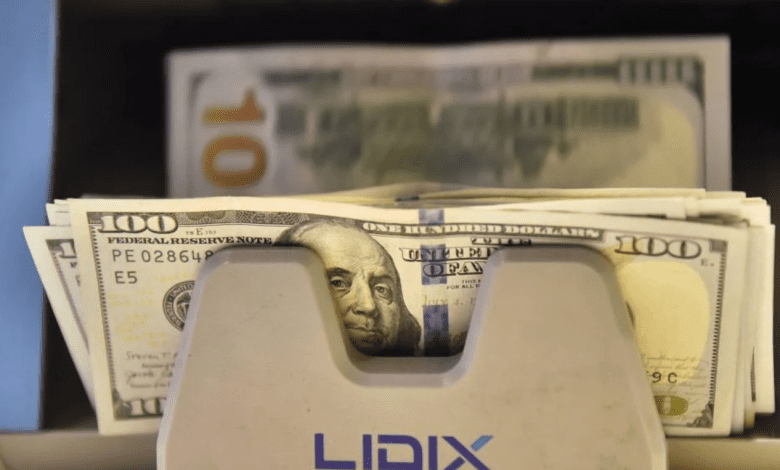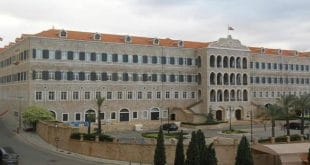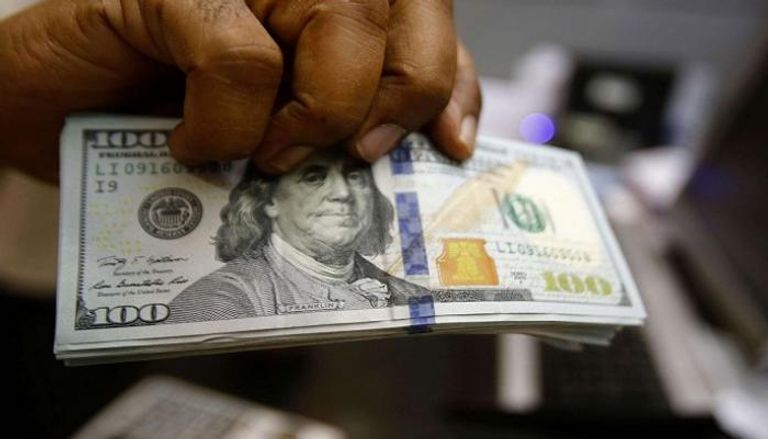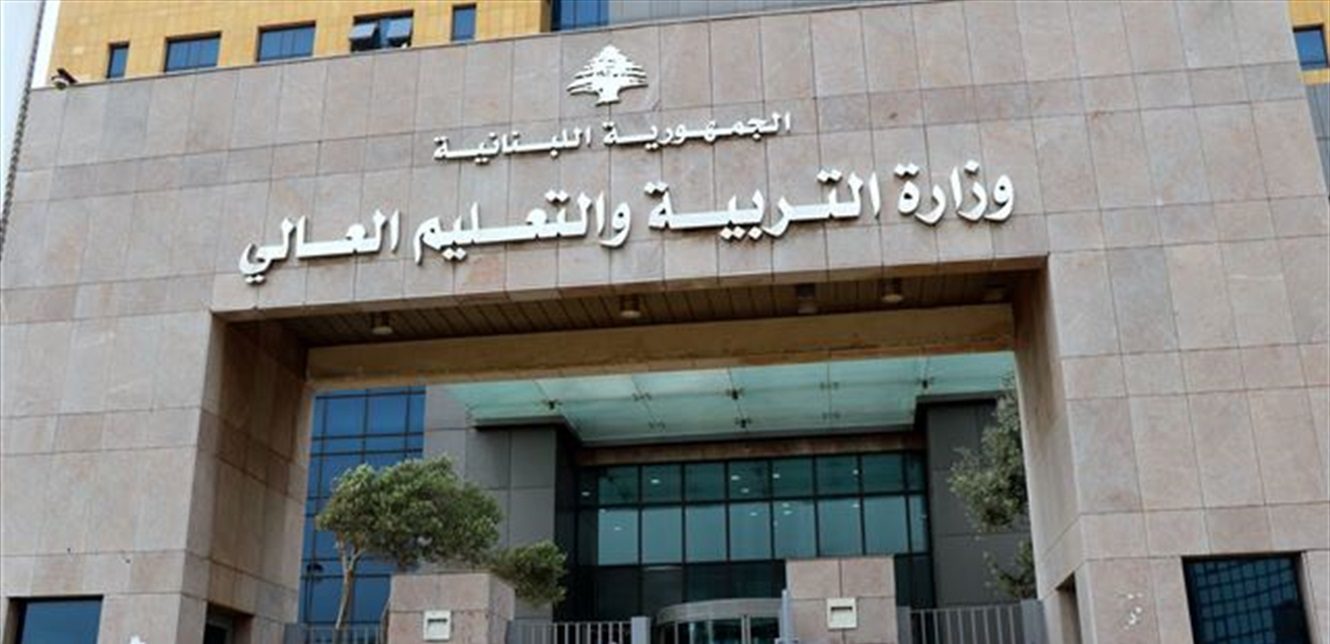كيف دخلت الدولارات المزوّرة إلى لبنان؟
لم يكن خبر وجود كميات من الدولارات المزيفة في السوق اللبناني، مجرد حادث عرضي يمكن التعاطي معه بأسلوب كلاسيكي، كما كان يحصل في حالات سابقة، للأسباب التالية:
أولاً- إن السوق اللبناني، خصوصاً بعد دولرة الجزء الأكبر منه، بات يعتمد على المعاملات بالورقة الخضراء بنسبة مرتفعة تتجاوز الـ 80%.
ثانياً- بعد الانهيار المالي في نهاية العام 2019، تحوّل السوق المحلي إلى الاقتصاد النقدي، وأصبحت التعاملات الداخلية بنسبة تفوق الـ 90% تتمّ نقداً، وبالدولار تحديداً.
ثالثاً- يساهم ما يُعرف بالاقتصاد الأسود، والذي اتّسع محلياً بحيث بات يشكّل حوالى 60% من حجم السوق، في جذب عصابات ترويج العملات المزوّرة. وهذا الأمر معروف عالمياً. وبالتالي، من البديهي أن يكون لبنان نقطة جذب لهذا النوع من الإجرام المنظّم.
رابعاً- واقع أن الدولارات المزوّرة التي انتشرت في السوق اللبناني هي ذات نوعية جيدة جداً، ويصعب اكتشافها بالفحص اليدوي والنظري، وتمرّ في ماكينات كشف الدولارات المزوّرة، فهذا يعني أنها ليست نتاج عمل محلي، بل إن مصدرها يُفترض أن يكون إحدى الدول المعروفة في هذا النوع من الجرائم المالية، وفي مقدمها كوريا الشمالية، الصين، كولومبيا أو نيجيريا. هذه الدول يتمّ تصنيفها على أنها المصادر الأساسية للدولارات المزوّرة من هذه النوعية المُتقنة. هذه الجماعات المُنظّمة لا تتعامل مع تجار صغار في العادة، بل ترتبط بمافيات وعصابات كبيرة. وتعقد تلك المجموعات الخارجة على القانون اتفاقيات لشراء هذا النوع من الدولارات، بكميات كبيرة، للحصول على أسعار تنافسية. إذ يتراوح سعر فئة المئة دولار من هذه العملات المزورة، بين 20 و30 دولاراً. ويبقى السؤال، كيف دخلت هذه الدولارات الى لبنان؟ ومتى؟
هذه الحقائق تعني نظرياً، أن موضوع الدولارات المُكتشفة في السوق اللبناني ليس مجرد عمل فردي تقوم به عصابة صغيرة لتحقيق أرباح مالية غير مشروعة. وهذا يتطلّب تحركاً رسمياً فاعلاً للتصدّي له. طبعاً، الأجهزة اللبنانية المختصة لن تكون وحيدة في عملها لكشف هذه “الجريمة”، بل إن “جهاز الخدمة السرية للولايات المتحدة” United States Secret Service (USSS)، سيكون قد تحرّك فعلاً في بيروت لمتابعة هذه القضية. وهو جهاز فعّال، يعمل بالتعاون مع وزارة الخارجية الأميركية، ولديه تعاون مع الأنتربول، والأجهزة الأمنية المختصة في عدد كبير من دول العالم.
وبالانتظار، سيكون السوق اللبناني مُضطرباً، لأنه يعتمد على الدولار النقدي في كل تعاملاته الصغيرة والكبيرة. وقد تكون مناسبة إضافية لكي يقتنع من في يدهم القرار، أن البلد لا يستطيع أن يبقى في قبضة الاقتصاد النقدي، وعليه أن ينتقل سريعاً إلى الاقتصاد الطبيعي، حيث تمر المعاملات المالية بالشبكات الشرعية، المُراقبة والموثوقة.
Fake Dollars Flood Lebanese Markets: How Did They Enter and Who's Behind Them?
Article:
Fake Dollars Shake Lebanese Market: Causes and Implications
The alarming spread of counterfeit U.S. dollars in Lebanon is no longer a minor incident but a pressing issue tied to the nation’s economic realities. Several key factors underline the significance of this crisis:
-
Dollarization of the Lebanese Economy:
Since the financial collapse in late 2019, Lebanon has heavily relied on U.S. dollars, with an estimated 80% of market transactions conducted in the greenback. -
Shift to a Cash-Based Economy:
With the collapse of trust in the banking system, the local economy has become almost entirely cash-dependent, with over 90% of financial dealings occurring in cash. This reliance increases the likelihood of counterfeit currency circulating undetected. -
Expansion of the Shadow Economy:
The shadow economy now accounts for nearly 60% of Lebanon's market. This unregulated sector attracts criminal organizations specializing in distributing fake dollars, exploiting the lack of effective oversight. -
High-Quality Counterfeit Notes:
The counterfeit dollars in circulation are of such high quality that they are difficult to detect, even with standard verification machines. This indicates their origin is likely from countries known for sophisticated financial crimes, such as North Korea, China, Colombia, or Nigeria.
How Did Counterfeit Dollars Enter Lebanon?
Investigations suggest that organized criminal networks are behind the influx of fake currency into Lebanon. These groups deal with large-scale mafias and negotiate bulk purchases of counterfeit dollars, often priced between $20 and $30 for every $100 fake note.
Given the heavy reliance on cash transactions, Lebanon's market has become an easy target for such activities. Addressing the problem with traditional measures is proving increasingly challenging.
International and Local Efforts to Combat the Crisis
This issue extends beyond Lebanon's borders and requires international cooperation. The United States Secret Service (USSS) is expected to intervene, working alongside the U.S. State Department, Interpol, and local security agencies to trace the source of these counterfeit notes.
The Need for a Digital Economy
The crisis underscores Lebanon’s urgent need to transition from a cash-based economy to a digital financial system. Such a shift would not only curb counterfeit circulation but also enhance transparency and restore trust in Lebanon’s financial framework.
Translated by economyscopes team
المصدر: أنطوان فرح – نداء الوطن
 سكوبات عالمية إقتصادية – EconomyScopes إجعل موقعنا خيارك ومصدرك الأنسب للأخبار الإقتصادية المحلية والعربية والعالمية على أنواعها بالإضافة الى نشر مجموعة لا بأس بها من فرص العمل في لبنان والشرق الأوسط والعالم
سكوبات عالمية إقتصادية – EconomyScopes إجعل موقعنا خيارك ومصدرك الأنسب للأخبار الإقتصادية المحلية والعربية والعالمية على أنواعها بالإضافة الى نشر مجموعة لا بأس بها من فرص العمل في لبنان والشرق الأوسط والعالم




